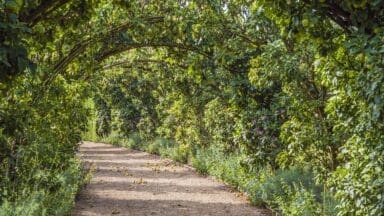
Once an integral component of every large house, estate, and mansion in the 18th and 19th centuries, thriving and productive walled kitchen gardens are now a rare sight.
Regrettably, many succumbed after the world wars, either reduced in scale or abandoned altogether. Eythrope Gardens, not only endured but flourishes. Located on the Waddesdon Estate in Buckinghamshire, the enchanting four-acre garden stands as a rare example of a comprehensive working kitchen garden and potager. Beyond its notable aesthetic appeal, the garden continues to yield an abundance of fruits, vegetables, herbs, and flowers, supplying Waddesdon Manor and the wider estate.
To commemorate its inception 150 years ago, this once exclusive, relatively undiscovered sanctuary of the esteemed horticulturist, Miss Alice de Rothschild (1847-1922), will welcome visitors for a special open day on the 16th of August, 2025.
Miss Alice
Renowned for her perfectionism and innovative spirit, Miss Alice was driven by her vision and determination to transform what she described as “a mere swamp and wilderness” into a bountiful garden and park spanning 60 acres.
Born in Frankfurt, Miss Alice spent her early years in Vienna. In 1866, following the passing of her brother Ferdinand’s wife, Evelina, she assumed the role of hostess at Waddesdon Manor. In 1875, she acquired the adjacent Eythrope estate. George Devey constructed the house “The Pavilion” specifically for her, and she commenced laying out the 60 acres of her “little garden,” aiming to rival the opulence of those at Waddesdon. It is believed that she was influenced by the “wild garden” style of her friend and correspondent, Ellen Wilmott (1858-1934), who in turn was inspired by William Robinson.
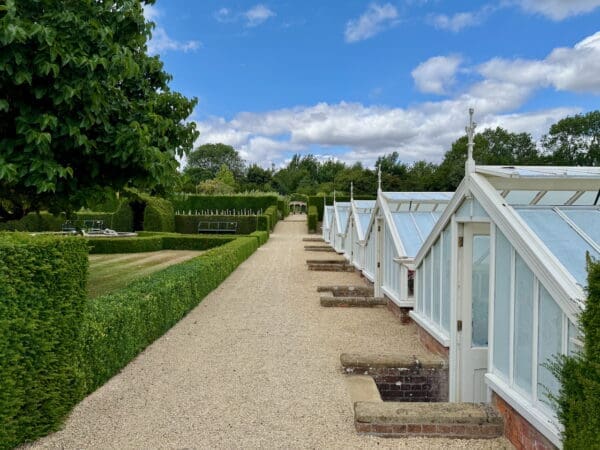
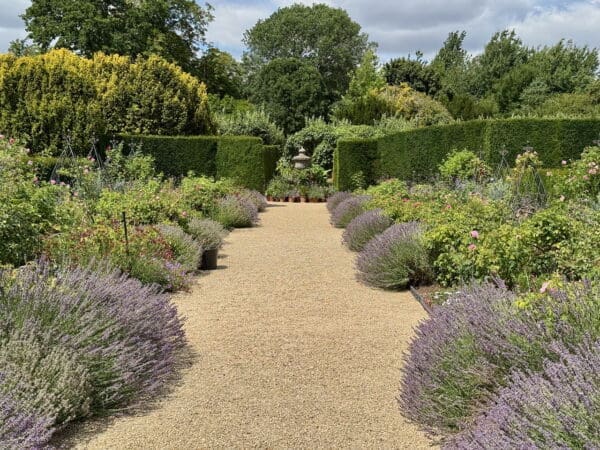
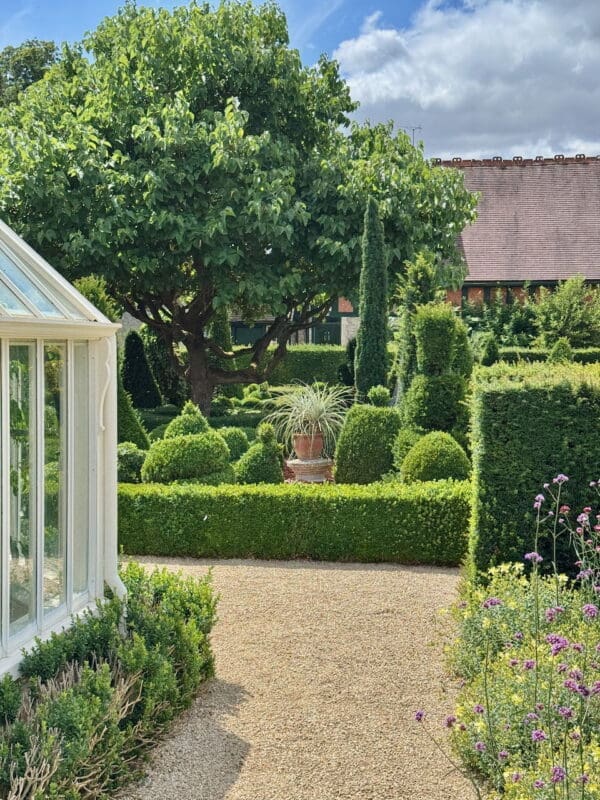
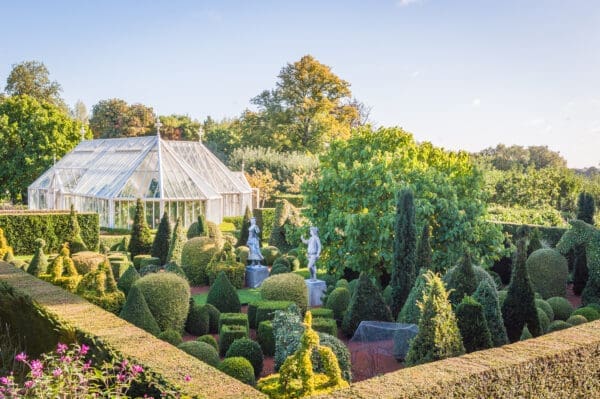
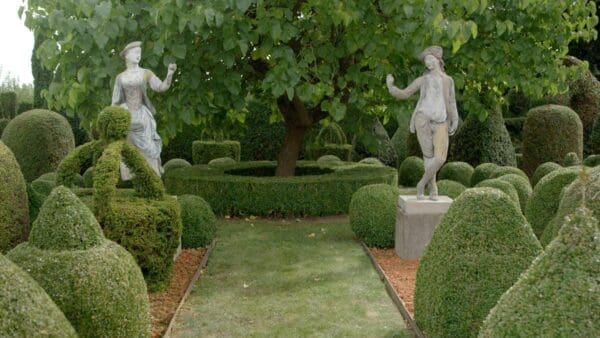
Behind the gates
Eythrope is a marvel. Complete with eight pristine glasshouses, fruit trees, topiary garden, herbaceous borders and vegetable gardens, this is the ultimate showcase of a thriving traditional Victorian walled garden – maintained on a scale rarely found in gardens today.
Lovingly restored by Lady Mary Keen throughout the 1990s, aided by then Head Gardener Sue Dickinson and in close collaboration with the late Lady Rothschild (1934-2019), the gardens and formal features have been restored to their former 19th century glory, now expertly maintained using both traditional and modern horticultural techniques. With a light but pronounced touch, Keen effectively captured the essence of the original design, overseeing the replacement of neglected structures and meticulous replication of any that required refitting.
Eythrope boasts an impressive collection of rare and unusual plants, among them many Rothschild favourites, including scented Malmaison Carnations; Auriculas, festooned roses and rare orchids, notably Phragmipedium ‘Jacob Rothschild’ and Bulbophyllum rothschildianum. Eythrope has also partnered with the National Collection of Fragrant Heliotropes, which is based at Hampton Court Palace.
Gardening talent
Maintaining a garden that honours its historical heritage while embracing contemporary reinterpretation presents a multifaceted challenge that never fails to intrigue.
Although Miss Alice’s presence is never far, Eythrope’s heart lies in its exceptional team of eight knowledgeable gardeners, led by the spirited Suzie Hanson. This meticulously maintained and efficient garden showcases the talents of its individual gardeners, fostering a happy and harmonious environment. Amongst the many delights, we were shown some of the significant impact made by Daniel Jones, Hanson’s right-hand assistant, (trained at Royal Botanic Gardens, Kew, and RHS Wisley) such as the expanded fruit cultivation, paired with beautiful new herbaceous borders.
Suzie Hanson, Gardens Manager – Waddesdon & Eythrope, says: “Ten years ago, I took over the running of Eythrope Gardens. When I walked through the garden gates on my first day the weight of history of those that came before was not lost on me. The garden we see today is a real family affair. It has a strong lineage where each generation has added their personality and passions. In its first 150 years the garden has become a paradise for all things horticultural and to be a part of its history is a dream come true.”
Features established by Miss Alice, such as her ‘Mexican Garden’, have undergone contemporary interpretation. Structural succulents have been juxtaposed with loose, vibrant tender perennials, showcasing the diversity of the plant collection at Eythrope and the variety of common summer garden plants originating from Mexico.
A rich source of inspiration, the garden showcasing the best of traditional and modern horticultural best-practice, ranging from hand pollination of cherries, biological pest control, broad range of cordon fruit training, ‘No Dig’ cultivation and topiary. The tomatoes and cucumbers, for example, are trained up to the apex of the greenhouses to create a colourful and immersive display that’s both productive and beautiful.
Personal highlights include the visual fruit spectacle of the graceful curved apple and pear tunnel, adorned with heirloom varieties and the fragrant figs, expertly grown under glass in the extraordinary vinery. The enticing fig scent immediately transports to treasured memories in the Mediterranean. Incidentally, a favourite of the late Lord Rothschild (1936-2024), the fig trees’ lineage can be traced back to a scion taken from an original specimen that Miss Alice cultivated at her summer residence in Grasse, Provence.
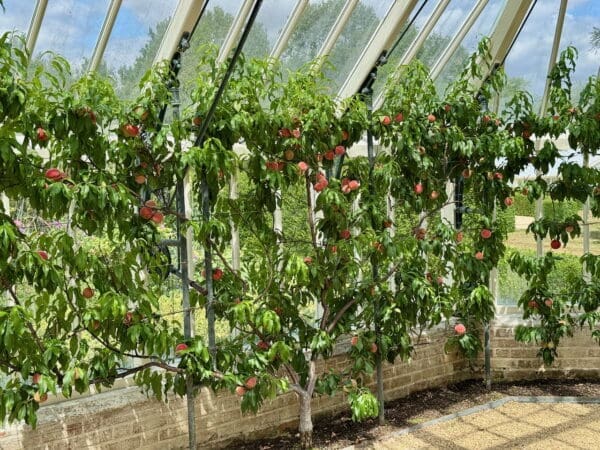
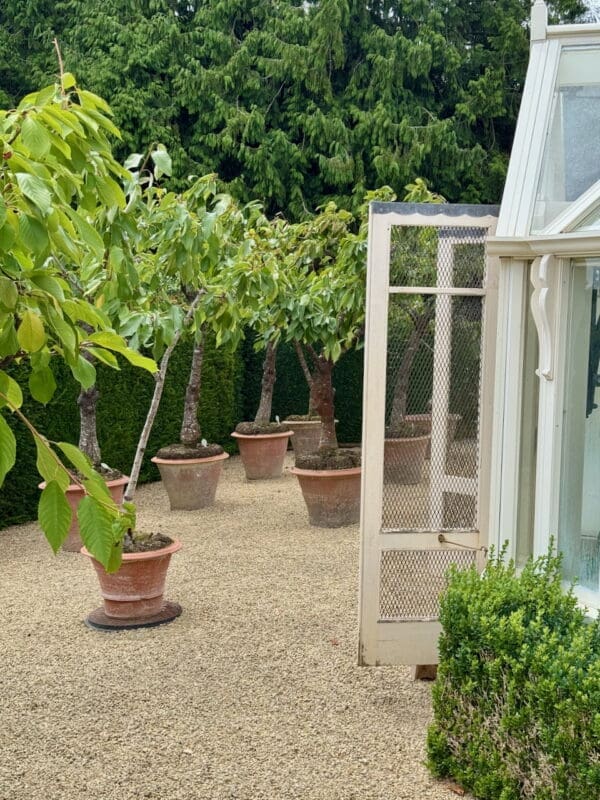
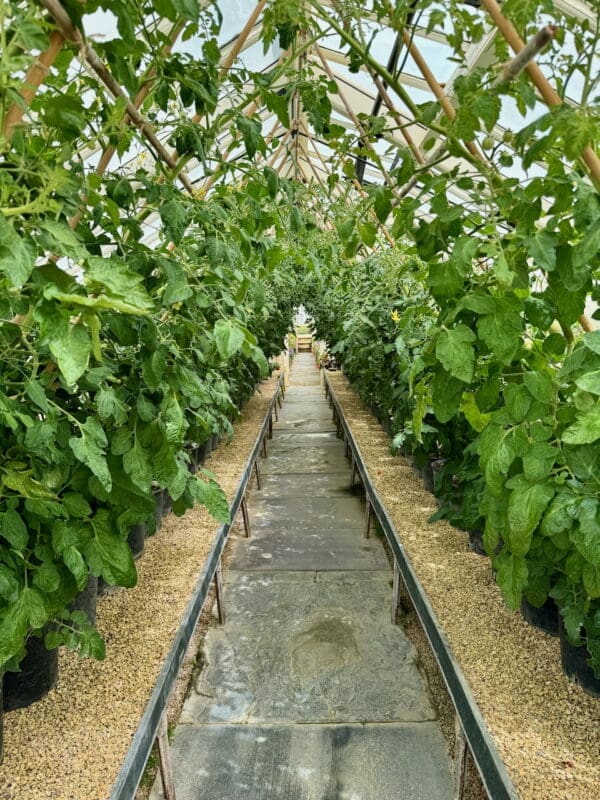
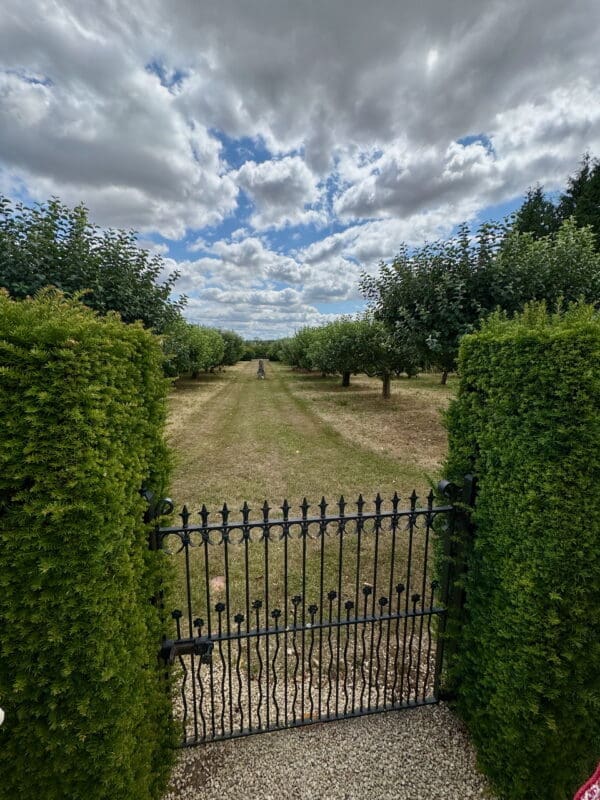
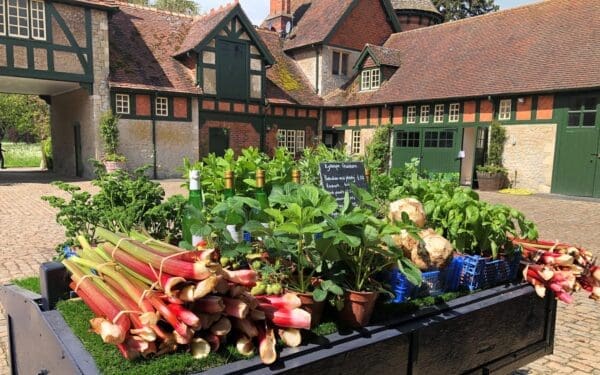
The kitchen garden grows a mixture of heritage and modern varieties, providing a rich seasonal harvest of vegetables such as sprouts, chard, tender stem broccoli, beans, brassicas and come autumn, a surfeit of pumpkins marrows, gourds and Autumn raspberries. The orchard supplies bountiful quantities of apples and pears – most of which are juiced locally and sold throughout the estate.
Sustainability is very much to the fore of the Eythrope gardening practices. All beds are mulched with compost produced on-site, and natural materials are utilised whenever feasible. Hazel is annually coppiced from the estate and utilised as plant supports. The majority of plants cultivated for the garden are either propagated from seeds or cuttings and nurtured within five heated greenhouses.
A must-visit destination for all gardeners, Eythrope stands as a remarkable testament to living horticultural history, meticulously prepared for the future. It serves as a poignant reflection of the esteemed Miss Alice and the subsequent custodians, whose dedication and care have nurtured a wonderful, passionate gardening team.
I have no doubt, Miss Alice would been very proud.

